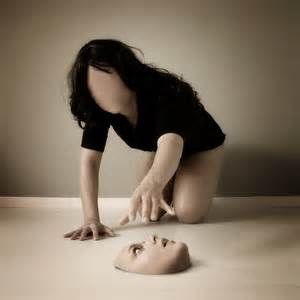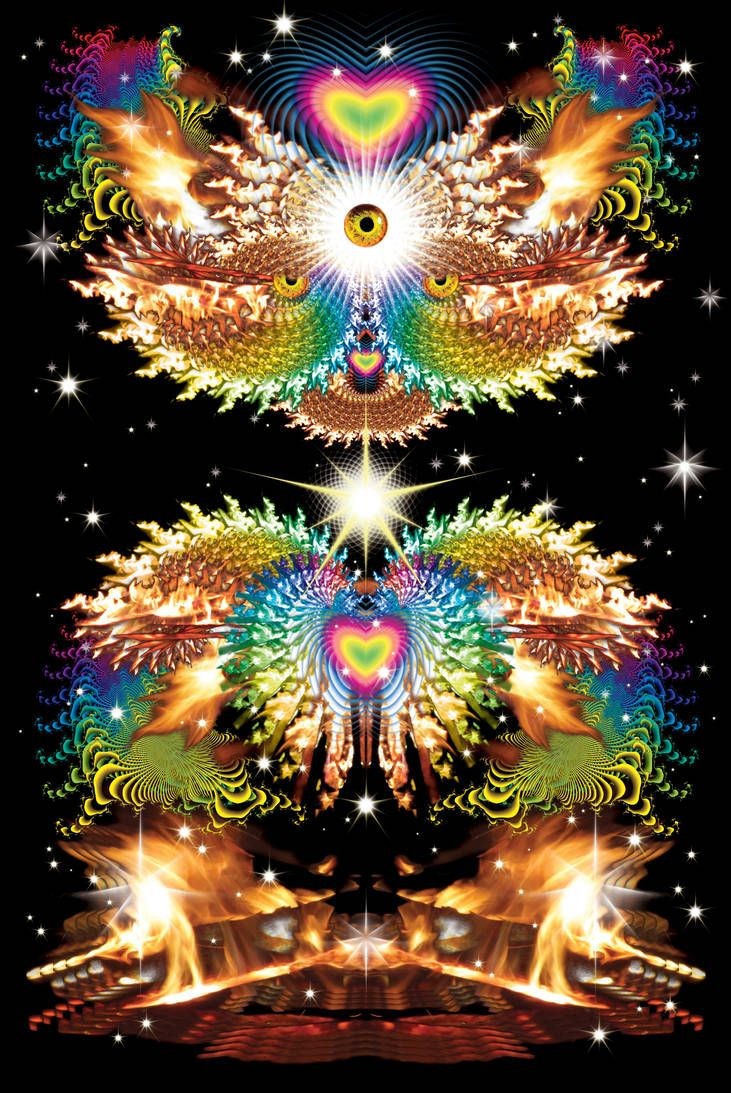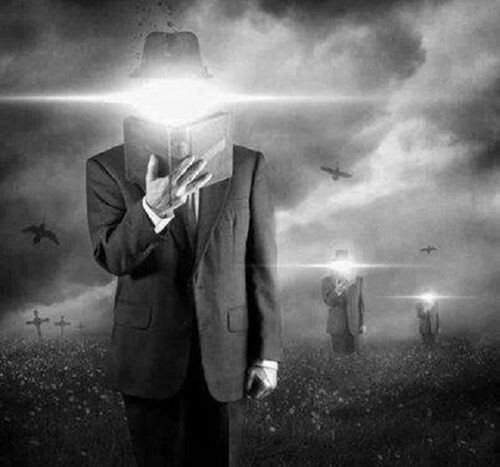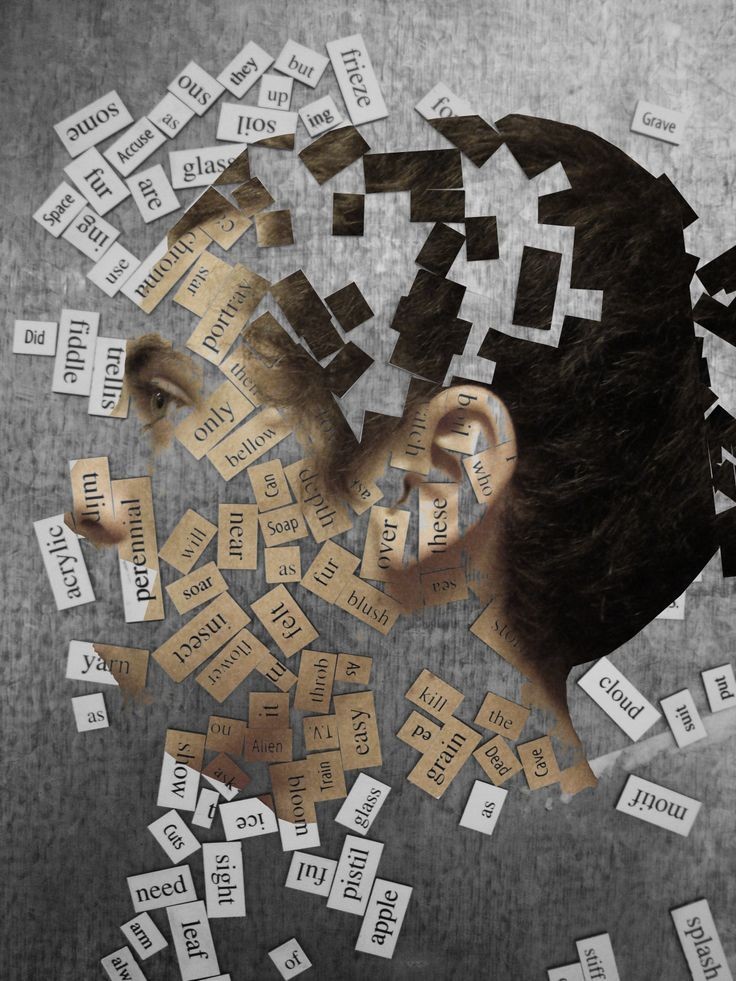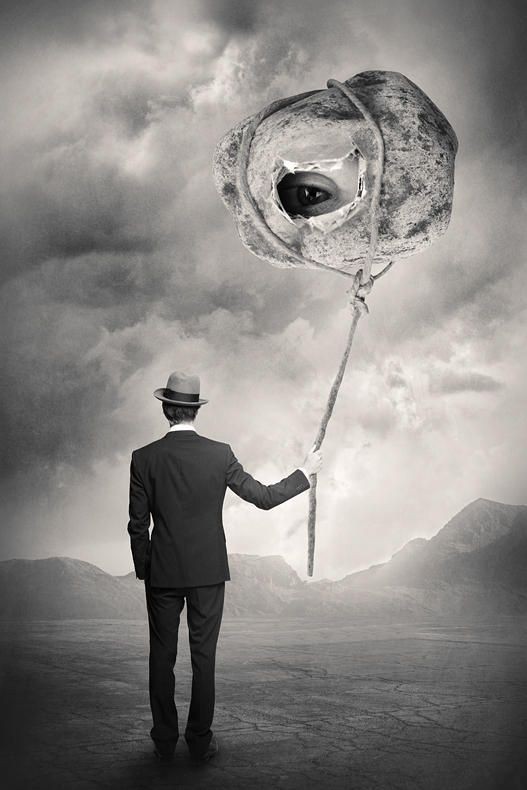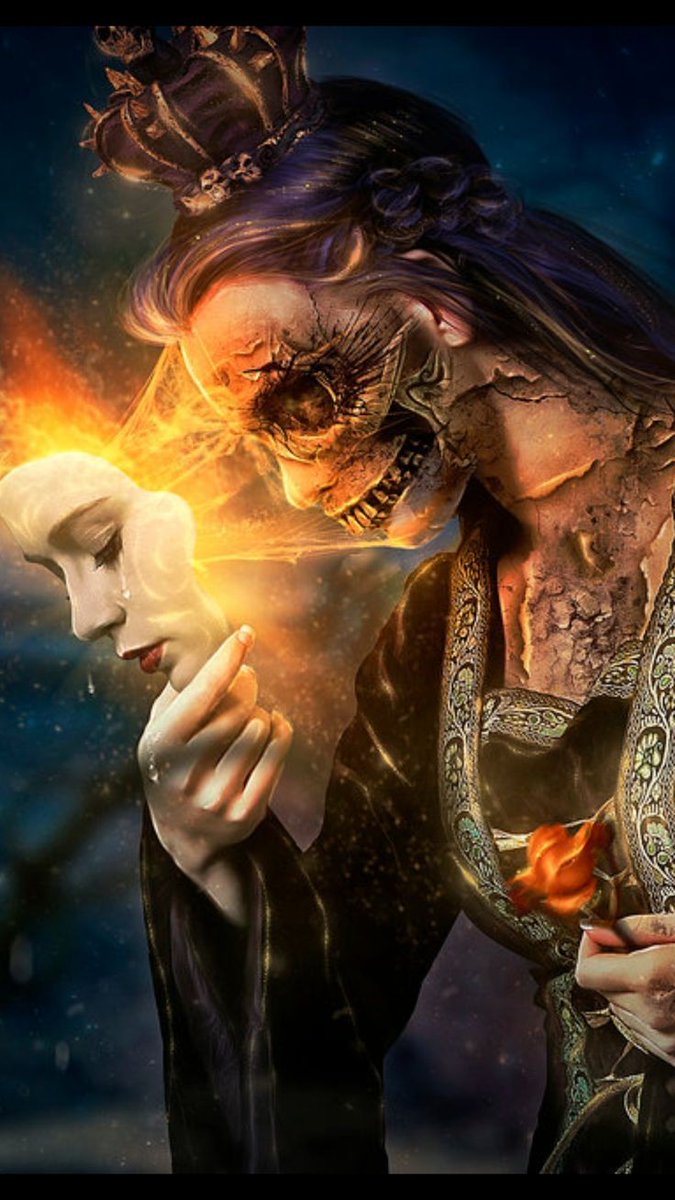ORT Final Chapter Atto XXXI
In looking out upon the world, we forget that the world is looking at itself. A. Watts
Who are you? A simple question, one might think. Are you your body? Your mind? Or are you your intellect? Could it be you are your Ego? Seriously, who are YOU?
In looking out upon the world, we forget that the world is looking at itself. A. Watts
Who are you? A simple question, one might think. Are you your body? Your mind? Or are you your intellect? Could it be you are your Ego? Seriously, who are YOU?
If you have selected one of the above-mentioned options as the answer to my question, then you do not know who YOU are. You cannot be your body, your mind, your intellect, or ego. What do your body mind, intellect and ego all have in common? They’re all objects of your perception
Whether gross, like the body, or subtle, like the mind they’re available for objectification. You see them, which means you cannot be them. The knower is always distinct from the known. Introducing Vedanta. What is Vedanta? The easy answer is, the philosophical basis of Hinduism
That’s an answer that most people can accept, even if it’s not strictly accurate. You see, Vedanta isn’t a philosophy. A philosophy is something envisaged by a person or group of people. It’s limited by nature; a worldview or set of ideas and concepts filtered through an
an individual’s personal assumptions and biases; and always at odds with competing philosophies. Vedanta isn’t the product of any one person or group of people. It’s also much more than a philosophy. It’s what is known in Sanskrit as a pramana. A pramana is a means of knowledge.
In the context of our intimate conversation the knowledge in question is the paramount of all knowledge: Self-knowledge. Consider this. What if everything you’ve ever thought or assumed to be true about yourself was actually nothing more than that just a thought and assumption?
What if the person you’ve always considered yourself to be was merely a concept in your head? And what if this concept was actually the reason why you are trapped in Samsara? What sets human beings apart from other creatures is our ability to self-reflect. We humans are unique
in that we have an enhanced sense of ego; a sense of who we think we are and who we think we should be. This has enabled to be dominant on this plane of existence, on the other hand, it is the root of our heaviest bondage. According to Vedanta, the source of our suffering is
misidentifying with a limited and erroneous sense of self.
"It is the glory of man that he is conscious of himself. However, the self he is aware of is not a complete, adequate self. It is, unfortunately, a wanting, inadequate self.” Swami Dayananda
"It is the glory of man that he is conscious of himself. However, the self he is aware of is not a complete, adequate self. It is, unfortunately, a wanting, inadequate self.” Swami Dayananda

 Read on Twitter
Read on Twitter
